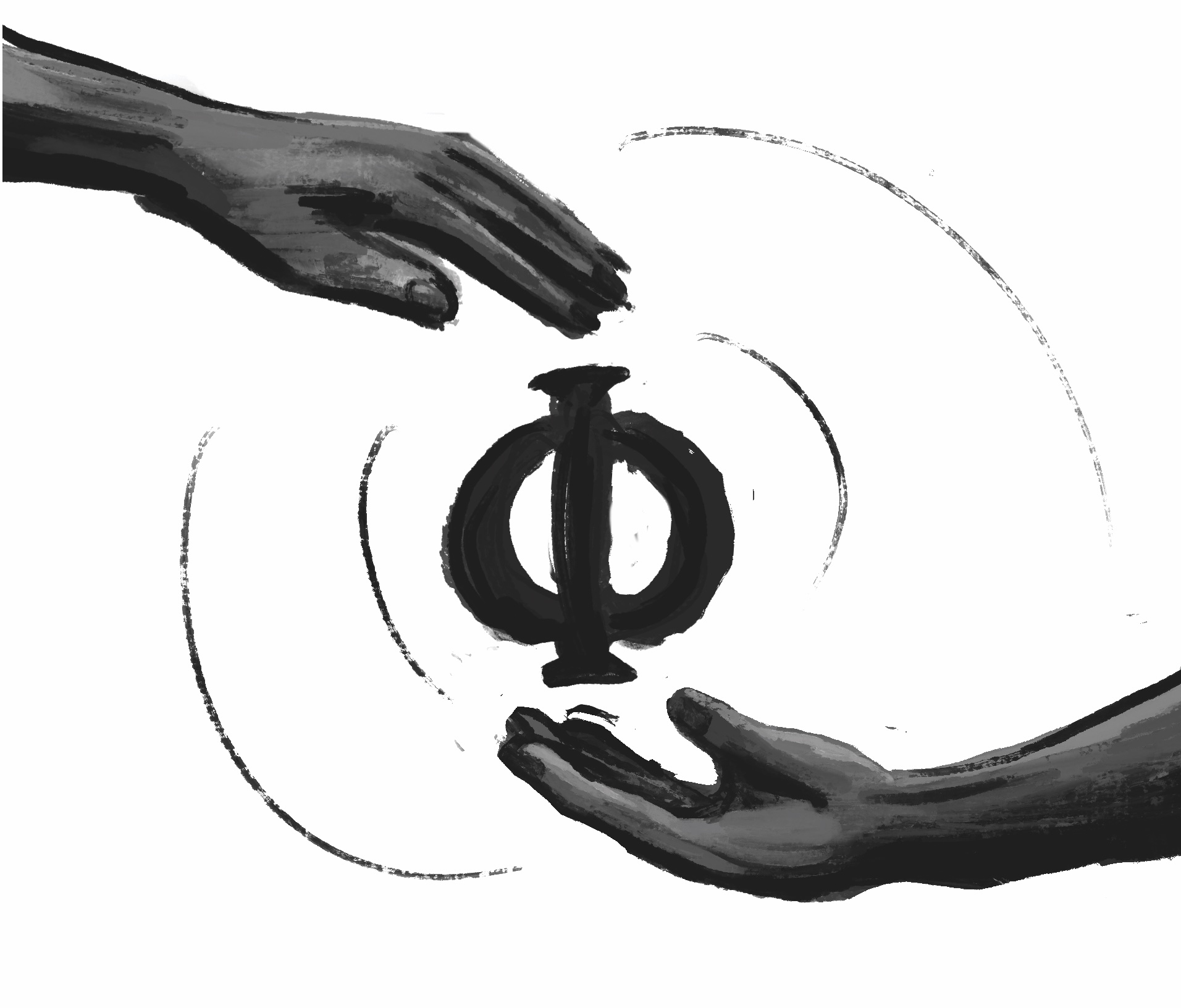The roots of liberty: Why freedom depends on virtue
October 3, 2025
 This
piece represents the opinion of the author
.
This
piece represents the opinion of the author
.
 Ailee Jones
Ailee JonesLiberty is among the highest goods. It is no coincidence that it is enshrined in our Declaration of Independence and U.S. Constitution as a founding principle of our nation. It promises freedom from restraint, the ability to speak as we choose and to do as we please. However, I believe that this liberty is defined within a specific context, one that depends on the existence of virtue. Both history and literature reflect that liberty without a grounding force does not endure. True liberty, in a political and societal sense, is not complete freedom to do whatever we want, but the freedom to do what is right. Virtue does not inhibit liberty; it enhances it.
Metaphorically, liberty is like an ancient oak tree, which, weathered by time and marred by the scars of those who attempt to tear it down, remains standing unperturbed and solid to its core. The tree’s magnificent trunk and branches catch the attention of passersby, but its true stability lies in what we cannot see: the slow, patient roots that endure both drought and flood to provide life-giving nutrients, anchoring the tree to the soil on which it stands. The trunk and branches are liberty and the roots virtue.
I do not use the term virtue here as a vague moral feeling but rather something deeply rooted in classical, political and biblical tradition. Both Plato and Aristotle recognized the importance of virtue as the habitual ordering of one’s desires and actions in accordance with reason. Plato’s four cardinal virtues—wisdom, temperance, courage and justice—together form the architecture of a well-ordered society. Similarly, Aristotle advocates for moderation and temperance, virtues that lie between two undesirable extremes. Justice ensures fairness of the law, temperance guides appetite away from licentiousness and toward self control. Courage demands valor and selflessness towards the common good. Wisdom encapsulates the cultivation of these virtues through education and erudition, as well as grounding these actions in prudence and foresight.
The biblical tradition adds another dimension, emphasizing virtues like faith, hope and love as essential aspects of sustaining community by loving your neighbor as yourself. Hence, the golden rule: Do unto others as you would have them do unto you. Together, the classical and moral traditions provide a firm foundation for virtue within a societal and governmental context. Where such virtues are lacking, liberty has the potential to be dangerously misguided.
I would also like to dismantle the modern understanding of liberty as freedom from all constraints. I believe that this purely negative conception of liberty, detached from any notion of virtue, will lead to anarchy and eventually to an even more brutal form of control—tyranny. This does not discount the importance of liberty, but concedes that, if unbounded, it has the potential to do just as much harm as good. A limited government, characterized by the liberty afforded to its citizens, necessitates that those citizens cultivate and exercise virtue in order to refrain from infringing on the liberty of others.
Some might suggest I am advocating for a legislation of morality or opening the door for a government to usurp citizens’ liberty. But if rulers are guided by virtues such as temperance and restraint rather than the complete liberty to act as they please, this would serve as a direct safeguard from authoritarian rule.
The French revolutionaries, in contrast, were inspired by a perverse understanding of liberty. They mistook destruction for liberation. What followed was the Reign of Terror. Freedom without virtue did not lead to the birth of a new society but the empty echo of its ruin.
America stands as an alternative to this anarchical individualism. Many of the virtues I outlined at the beginning are preserved through our legal structure and enshrined in our Constitution. But it is primarily through education that such virtues are perpetuated. Just as parents have a responsibility to teach their children right from wrong, we as college students must continue to practice and learn these virtues in our studies and interactions with peers. Here at Bowdoin, educational resources like the McKeen Center for the Common Good can further help us to cultivate these virtues in our local communities. Thus, I urge you, if you love the tree of liberty, do not neglect its roots. Plant the habits that nourish it, and it will stand through many years.
Kayley Huleatt is a member of the Class of 2028.

Comments
Before submitting a comment, please review our comment policy. Some key points from the policy: